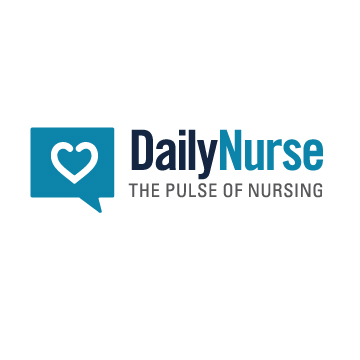Community nurses — registered nurses who provide healthcare to people within their homes, healthcare centers, or elsewhere in the local community — will be increasingly in demand as America’s healthcare system continues to shift towards preventative care. Healthy lifestyle habits can prevent around 80% of chronic diseases, while poor lifestyle choices ultimately cause 63% of deaths associated with chronic diseases. As health education and disease prevention are prime responsibilities for community nurses (particularly in rural or other underserved areas), this role is rewarding for any nurse interested in a career change that ends health inequities and makes a real difference.
Community Nurses Promote Preventative Care
Despite the importance of preventative care to stave off illness, particularly chronic diseases, cancer, and mental health issues, only around 8% of Americans actually receive the recommended preventive care screenings. Community nurses can turn this statistic around. As part of their everyday responsibilities, community nurses work one-on-one with patients long-term to monitor their health and educate them on healthy lifestyle habits. Some nurses may also speak at schools to teach young people about the importance of preventative health measures from an early age. They can also provide guidance on how to best care for already-diagnosed health conditions to avoid complications.
A Rewarding Career Path
As part of their work in local communities, community nurses can build close relationships with their patients as they deliver holistic, patient-centered care, making it a particularly enjoyable and rewarding career path. Additionally, community nurses often enjoy a more flexible schedule compared to the long shifts that hospital nurses typically work. However, they spend a significant amount of time on the road—about 85 minutes a day, depending on the number of patients and the area they cover.
Address Health Disparities at the Local Level
Community nurses also help address health disparities as they often work with underserved communities that typically don’t have easy access to healthcare. For example, 80% of rural America is medically underserved, with those populations at higher risk of cancer, stroke, and heart disease. Community nurses, therefore, commonly visit rural locations to deliver vital preventative care services, such as screenings for health issues like cancer, high blood pressure, heart disease, and depression (as well as other mental health issues). They also perform alcohol and substance abuse evaluations and refer patients to clinicians for treatment.
Additionally, unhoused people in the U.S. usually have poor access to healthcare, along with higher rates of emergency department visits and hospitalization, often for preventable health issues. Community nurses, therefore, may visit emergency/temporary shelters to provide a range of preventative care, give advice on how to manage chronic health issues, and help people find the right social care support.
Community nurses are key to a healthier, wellness-focused nation. The work these nurses dedicate themselves to is essential to solving healthcare inequities and reducing rates of chronic diseases. Community nursing is, therefore, a particularly attractive career path for any nurse looking to make a real impact in the lives of others.

